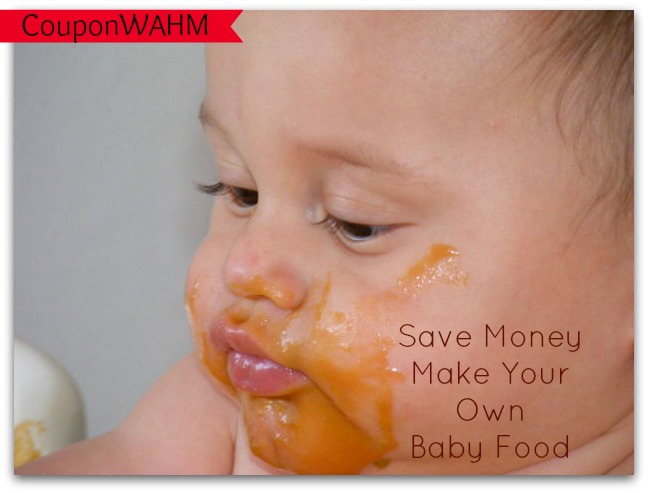Making your own baby food will ensure that what your child is eating is fresh, nutritious and free of additives. By making your own baby foods, you’ll be saving money, up to 50%. And to top it off, it’s easy; making baby food at home is probably a lot less time-consuming than you may have thought. However, there are a few things that you are going to need before getting started.
In order to make your own baby foods, you’ll need something to cook in.
A Steamer Basket:
A steamer basket is cheap and by cooking fruits and vegetables in it, you’ll be sure of keeping the nutrients in the food, instead of in the cooking water.
A Blender:
A blender quickly purees almost anything into the finest consistency. When your baby first starts on solids, you’ll be pureeing things to a very fine consistency and, as baby gets a little older, you will make foods a little coarser.
Food Mill:
You may wish to buy a food mill which comes in large and small sizes. It is very handy and inexpensive. The food mill strains most cooked foods to a very smooth consistency, although meats
can be a problem as they will have a coarser texture. As babies are susceptible to digestive upsets, you’ll want to take note of the following tips concerning the handling of foods:
– always work with clean hands.
– always use clean utensils.
– prepare foods immediately upon removing them from the
refrigerator.
– freeze immediately after cooking any foods you want to store.
You can prepare large amounts of foods at once and freeze them. Take your prepared foods and plop by spoonfuls onto a baking sheet. Freeze the plops right away and then take them off the sheet when they are frozen and put them into plastic bags. Label and date. You can also freeze the food in plastic. Frozen baby foods can be stored for up to two months.
When you take frozen foods out for baby, warm the food in a cup placed in a saucepan of boiling water with a lid on. There is no rush to start your baby on solid foods. Milk is his most important food. Your doctor’s recommendations and your own intuition will help you to know when to begin introducing solids to your baby’s diet. Always remember to be patient with your baby and allow at least a few days between newly added foods to make sure the baby doesn’t suffer any reactions.

